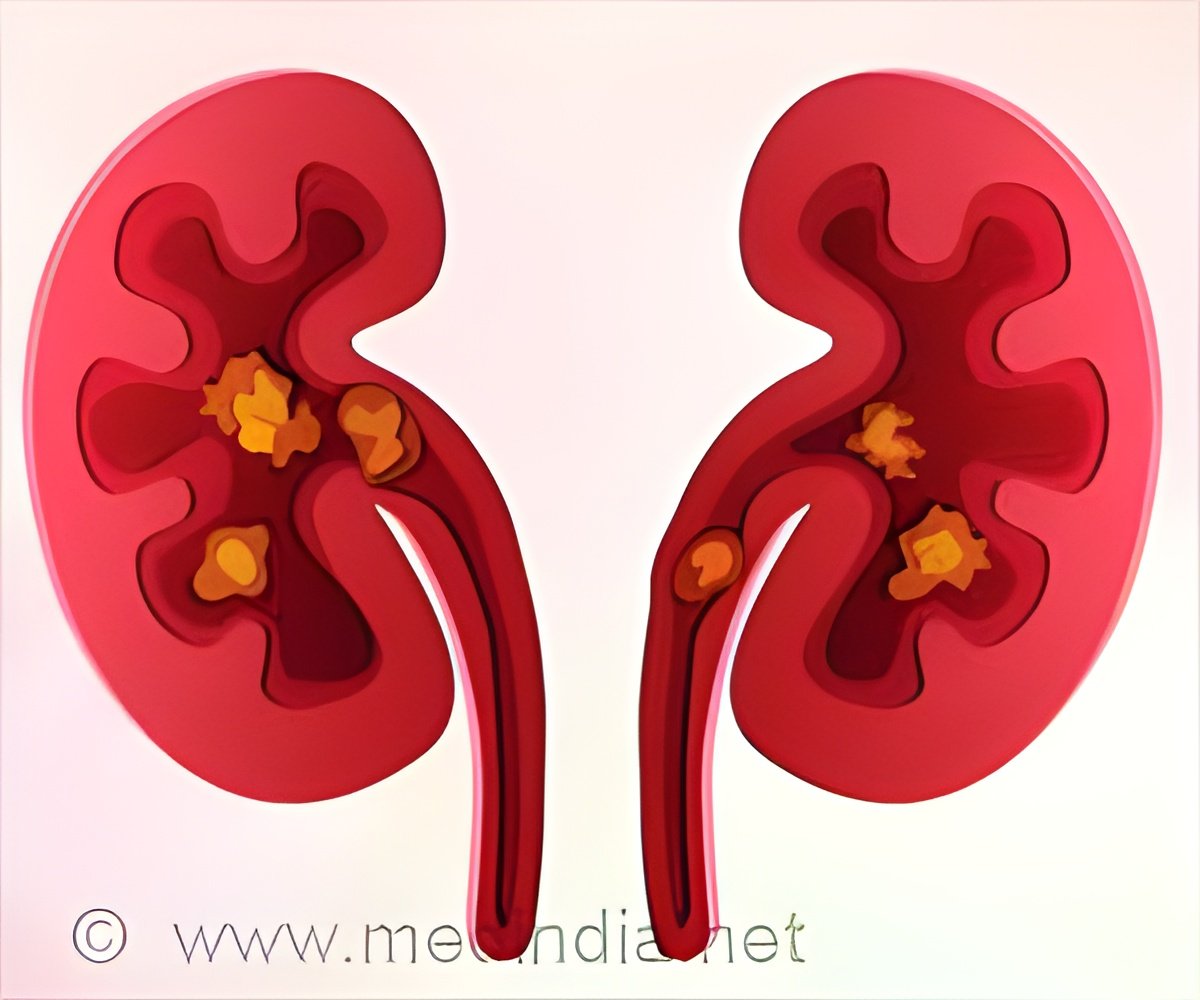Bottled water, commonly referred to as "alkaline water" contains barely enough alkali to raise the urinary pH and is unlikely to prevent urinary stones.

Alkaline Water: Help or Hype for Uric Acid and Cystine Urolithiasis?
Go to source).
Bottled Water Has ‘Trivial‘ Alkaline Content to Replace Kidney Stones Interventions
Alkaline water, sometimes called high-pH water, is an increasingly popular category of bottled water. Compared to tap water, with a typical pH of around 7.5, alkaline water is manufactured to have a higher (more alkaline) pH – in the range of 8 to 10. Consumption and sales of alkaline water have increased sharply in recent years. Proponents claim various health benefits, including improved hydration and increased urinary pH. Raising pH is a key strategy to prevent the formation of certain types of urinary stones (uric acid or cystine) in patients with previous stones.‘Clarity on the alkaline content of popular products helps to guide the selection of other treatments, including beverages and over-the-counter products, for preventing recurrent urinary stones. #alkalinewater #kidneystones #urinaryhealth #medindia’





Potassium citrate tablets are commonly prescribed to prevent recurrent stones. However, many patients do not follow recommended treatment – often related to the need to take large pills several times per day. If alkaline water could raise urinary pH, it might be an attractive alternative for stone prevention. To assess the potential for high-pH water to prevent urinary stones, Dr. Patel's team measured the pH of five commercially available alkaline water products. They also reviewed published data on other types of drinks and over-the-counter products with the potential to raise urinary pH.
The five brands tested in the study had a similar pH, in a narrow range of around 10. One product contained a small amount of citrate, which was not listed on the product label. Otherwise, the tested alkaline waters had no organic anions that could be metabolized to alkali by the body – as supplied by potassium citrate tablets.
At a pH of 10, the tested products would have an alkali content of just 0.1 milliequivalent per liter (mEq/L). That's a "trivial" concentration compared to the body's typical metabolic acid production of 40 to 100 mEq/L per day, according to the authors.
In contrast, some other commercially available products do have the potential to increase pH – notably including orange juice, with an alkali content of up to 15 mEq/L. Orange juice also has the lowest estimated cost to achieve the target alkali concentration of 30 mEq per day.
Advertisement
The researchers note the limitations of their laboratory study and emphasize the need for clinical trials of the options for raising urinary pH.
Advertisement
- Alkaline Water: Help or Hype for Uric Acid and Cystine Urolithiasis? - (https://www.auajournals.org/doi/10.1097/JU.0000000000003767)















